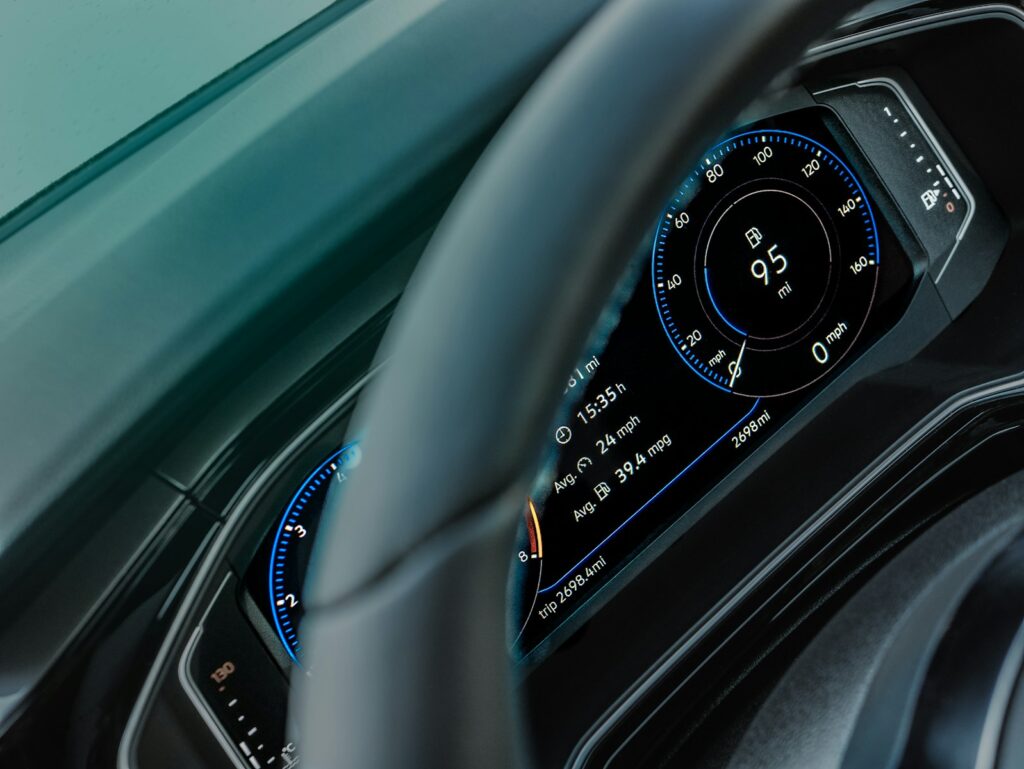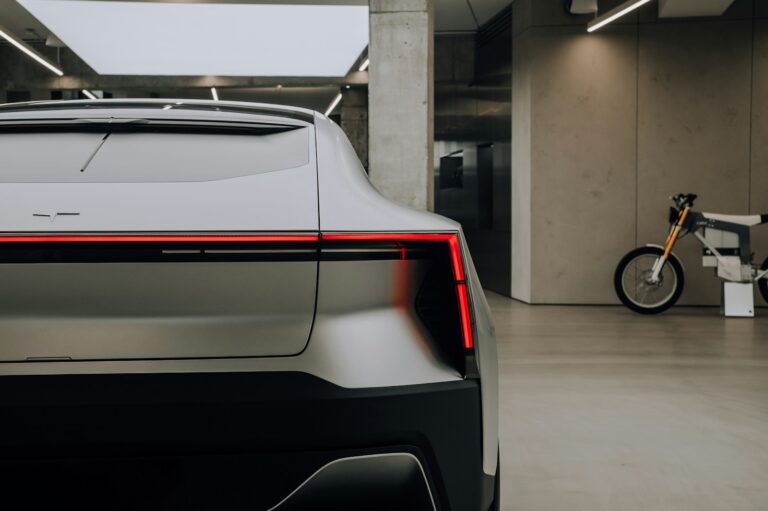Hybrid vs. Plug-in Hybrid: Which Is the Better Choice?
The automotive landscape is transforming at a relentless pace, driven by the need to reduce our carbon footprint, lower emissions, and cut down on traditional fuel consumption. With this shift, hybrid electric vehicles (HEVs) and plug-in hybrid electric vehicles (PHEVs) have surged in popularity, offering consumers a bridge between conventional and fully electric cars. But for the car enthusiast looking to make a purchase decision, the question remains – which is the better choice?
In this comprehensive guide, we’ll explore the nuanced differences between hybrid and plug-in hybrid vehicles, unpack the benefits and trade-offs of each, and help you determine which type of vehicle aligns best with your lifestyle, values, and utility.

Understanding Hybrid Vehicles
Hybrid vehicles combine an internal combustion engine (usually gasoline) with an electric propulsion system, which operates on a system that is predominantly self-charging, with occasional aid from regenerative braking.
The Benefits of Hybrid Technology
- Superior Fuel Economy: Hybrids generally consume substantially less fuel than traditional vehicles, which is ideal for city driving.
- Eco-Friendly Driving: While they don’t eliminate the need for gasoline, hybrids still emit significantly lower levels of harmful pollutants.
Understanding Plug-in Hybrid Vehicles
Plug-in hybrid electric vehicles are similar to traditional hybrids, but with a larger battery. This allows for an extended electric-only range, often requiring external charging.
Advantages of Plug-in Hybrids
- Extended Electric Range: Some PHEVs can travel up to 30 to 50 miles or more on electric power alone, reducing your reliance on gasoline for short trips.
- Potential for Cost Savings: When charged with electricity, PHEVs can offer significant cost savings over time, depending on your driving patterns and local electricity rates.
Comparison of Hybrid and Plug-in Hybrid
When weighing the benefits of hybrid and plug-in hybrid vehicles, there are several key considerations:
Fuel Efficiency Comparison
Hybrids typically boast commendable fuel efficiency, with some models achieving over 50 miles per gallon (mpg) in combined driving. However, PHEVs, with their electric-capable range, may prove even more efficient for daily city drivers who can consistently recharge.
Environmental Impact
In terms of environmental benefits, both types of vehicles can help reduce greenhouse gas emissions. PHEVs, especially those charged using renewable energy sources, can offer a more substantial reduction due to their potential for all-electric driving.
Cost Considerations
PHEVs tend to be pricier upfront than regular hybrids, largely due to the higher capacity battery. The exact cost difference varies by model and features, but you may find the premium you pay at purchase offset by savings at the pump over the vehicle’s lifetime.

Factors Influencing the Choice
The best choice between a hybrid and a plug-in hybrid heavily depends on your specific circumstances and preferences. Here are factors to consider:
Driving Patterns and Habits
- Commuting Distance: If your daily driving falls within the electric-only range of a plug-in hybrid, it can be a far more efficient choice. Conversely, regular hybrids might serve you well if your daily driving involves longer, mixed-distance trips.
- Frequency of Long Trips: If you regularly take long trips, a regular hybrid might prove more versatile since the electric-only range of a plug-in hybrid could become a non-factor.
Charging Infrastructure Availability
- Home Charging: If you have the convenience of home charging, the plug-in hybrid might be more viable, as you can start each day with maximum battery capacity.
- Public Charging: In areas with a robust public charging network, a PHEV could offer considerable flexibility. Conversely, without easy access to chargers, a hybrid might offer a more stress-free driving experience.
Long-Term Cost Analysis
- Purchase Price vs Operation Cost: While PHEVs might cost more upfront, some models can deliver substantial long-term savings in terms of fuel and maintenance, thanks to their electric range.
Case Studies
Here are some real-world examples to illustrate how different hybrid and plug-in hybrid choices can impact consumers:
Case Study 1: Driving Patterns and Fuel Efficiency
A comparison analysis between a commuter who drives 50 miles daily in a hybrid versus a plug-in hybrid shows that the plug-in hybrid is more cost-effective due to its ability to drive on electric power for most of the commute.
Case Study 2: Environmental Impact
An assessment of a family’s annual carbon footprint with a hybrid and a plug-in hybrid revealed that the plug-in hybrid showed a significant reduction in emissions over the hybrid, especially when charged using renewable energy sources.
Case Study 3: Cost Analysis and Long-Term Savings
An evaluation of a business fleet comprising both hybrid and plug-in hybrid vehicles over a 5-year period found that plug-in hybrids, while initially costlier, offered substantial savings in fuel costs and maintenance, making them the more economical choice in the long run.
These case studies aim to provide tangible examples of how the choice between hybrid and plug-in hybrid vehicles can be influenced by real-world factors.
Conclusion
The ‘Hybrid vs. Plug-in Hybrid’ debate is far from one-size-fits-all. Analysing your driving habits, local infrastructure, and long-term financial outlook is crucial in determining the most suitable option for you. Remember, the vehicle you select should not only align with your environmental values but also enhance your daily driving experience.
Whether your priority is racking up miles efficiently or slashing your carbon footprint, each technology has its merits. Ultimately, the ‘better’ choice is the one that seamlessly integrates into your life. Happy motoring!







